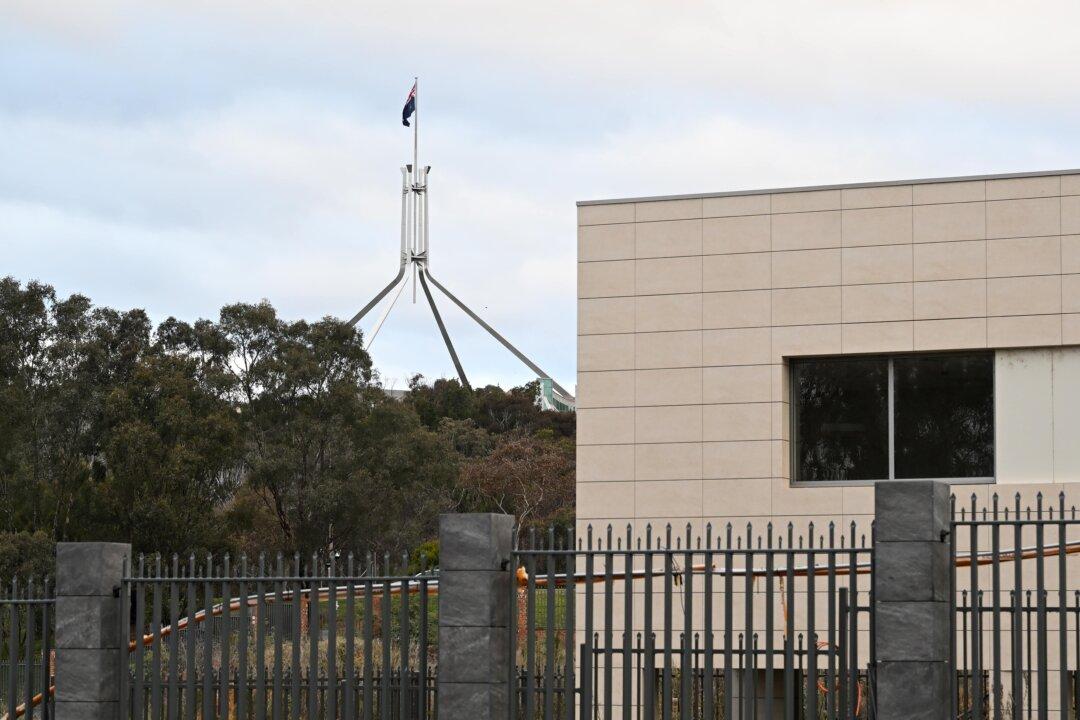The Australian government is introducing legislation to terminate a new diplomatic lease for the Russian embassy near Parliament House in Canberra on national security grounds.
Announcing the decision at a press conference in Canberra on June 15, Prime Minister Anthony Albanese said the government had received “very clear” security advice about the risks posed by Russia setting up a new facility near the Parliament House.




